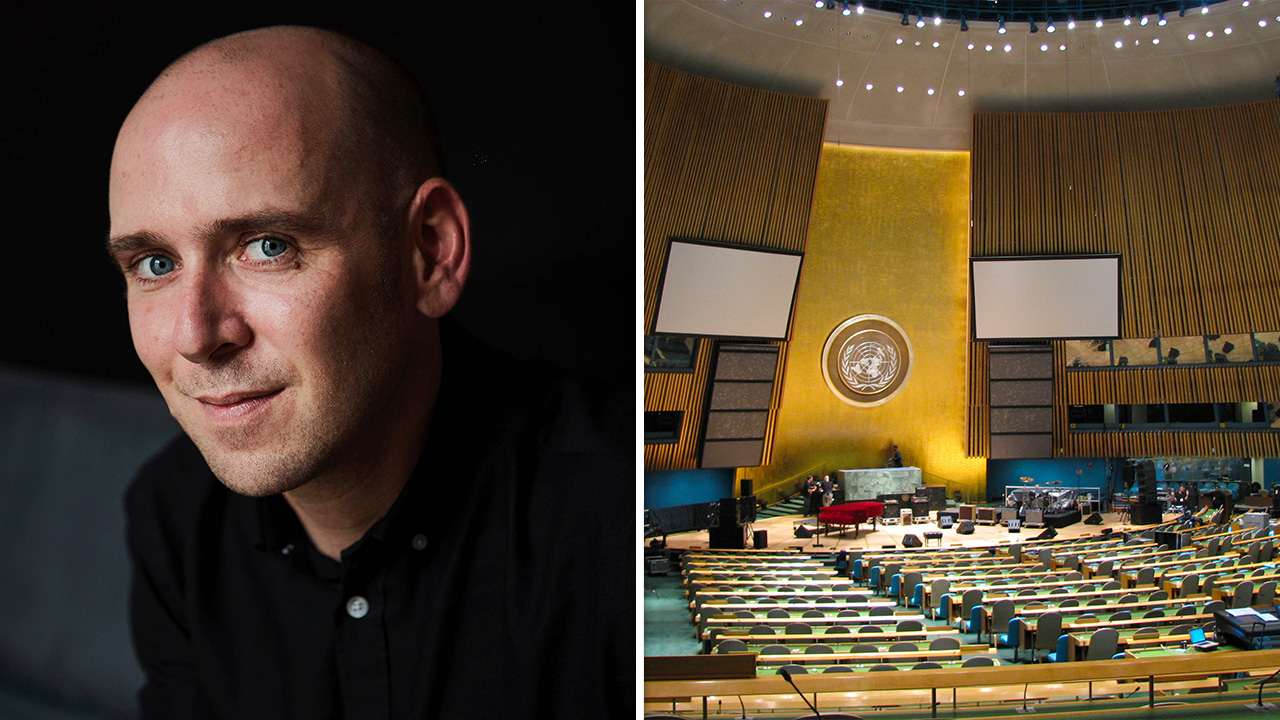
Samuel Chaliat / Do international sanctions serve any purpose?
Combating Light Pollution: Black is Black
“We have long neglected the need for darkness due to a lack of awareness of the negative effects of artificial night lighting, which was discovered only about thirty years ago. It is therefore essential to build knowledge through science and environmental activism to recognize and appreciate the benefits of night lighting. Darkness.” While 60% of the European population can no longer observe the Milky Way from where they live, Samuel Chaliat, an environmental geographer at the National Center for Scientific Research and an amateur astronomer, has been warning about light pollution and its harmful effects on living things for about twenty years. In his book “Save the Night”, published by Premiere Parallel, he traces the history of the claim to the “right to darkness” that emerged with urban development and explains how to fight back to save the night. Founder of the Observatory of the Night Environment and coordinator of the Renoir Group (Resources and Territories of the Night Environment), Samuel Chaliat is our guest for the Starry Nights, which will take place from August 9 to 11.
Do international sanctions serve any purpose?
Venezuela, Belarus, Russia, Iran, North Korea… The list of countries, non-state entities and individuals subject to international sanctions imposed by other powers, generally Western, or by the United Nations itself, is long. These economic measures are often intended to impose the will of the international community in the face of clear attacks on global peace or security. From freezing the assets of individuals or companies to blocking access to territory, including embargoes, these sanctions take various forms. Although these practices are not new – Napoleon I unsuccessfully tried to impose a blockade on the United Kingdom – they have become one of the pillars of contemporary international relations. Are they really effective? For example, the freezing of Russian assets did not succeed in stopping the Ukrainian conflict, and the sanctions imposed on the Venezuelan regime did not prevent Nicolás Maduro from declaring his re-election. Conversely, the case of apartheid in South Africa is often cited as evidence of their effectiveness. But thirty-one years passed between the first economic sanctions in 1963 and the end of the apartheid regime. Moreover, do not these restrictions run the risk of turning against the states that impose them? Is it the only alternative to armed conflict? We are discussing that.
Finally, you can also find Virgil Belichick and Marjorie Adelson's records!
28 minutes It is ARTE's current affairs magazine, presented by Elizabeth Quinn Monday through Thursday at 8:05 p.m. Renaud Deli is in charge of the show on Fridays and Saturdays. This podcast is produced in partnership with KM Radio and ARTE.

“Organizer. Social media geek. General communicator. Bacon scholar. Proud pop culture trailblazer.”
